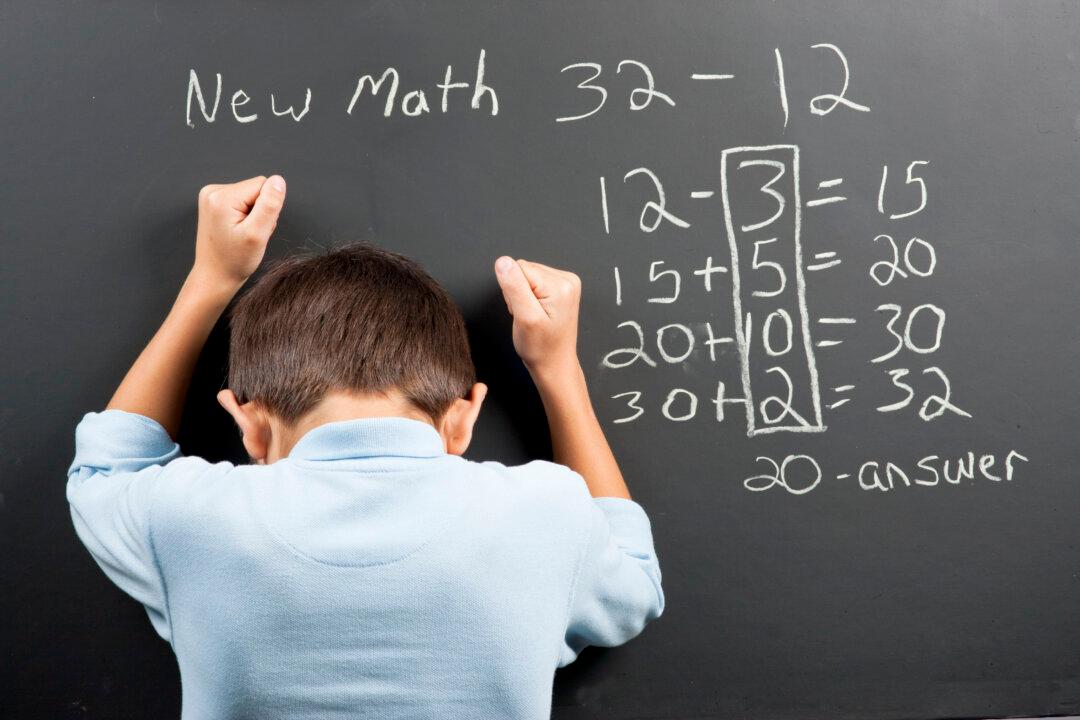Children of math-anxious parents learn less math during the course of a school year and are more likely to be math-anxious themselves—but only if mom or dad repeatedly try to help them with homework.
Previous research has shown that when teachers are anxious about math, their students learn less math during the school year. The new study is the first to establish a link between parents’ and children’s math anxiety. The findings suggest that adults’ attitudes can play an important role in children’s achievement.
“We often don’t think about how important parents’ own attitudes are in determining their children’s academic achievement,” says Sian Beilock, professor of psychology at the University of Chicago. “But our work suggests that if a parent is walking around saying ‘Oh, I don’t like math’ or ‘This stuff makes me nervous,’ kids pick up on this messaging and it affects their success.”


